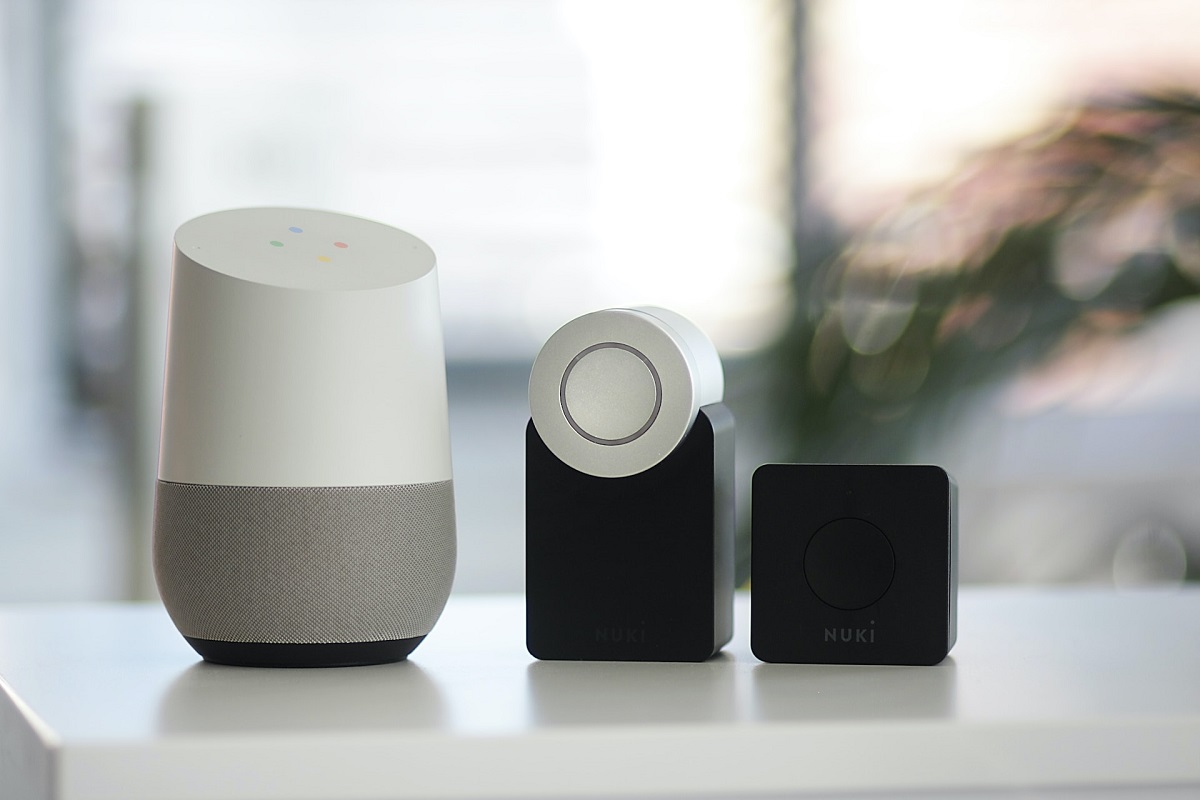In the last decade, the concept of a ‘smart home’ has swiftly transformed from a futuristic idea into a present-day reality, fundamentally altering the way we are living and are interacting with our homes. With the rapid advancements in technology, our homes are becoming more intelligent, intuitive, and interconnected than ever before.
Smart Home Technology, once considered a luxury, has now become an integral part of modern living, enhancing convenience, security, energy efficiency, and overall quality of life.
Voice-activated assistants redefining convenience
The proliferation of voice-activated assistants – Google Assistant, Amazon’s Alexa, and Apple’s Siri – has revolutionized the way we interact with our homes. Through simple voice commands, users can control a multitude of smart devices, play music, check the weather, and even receive updates on their daily schedules.
This seamless integration of voice control has redefined the concept of convenience and accessibility, making daily tasks more efficient and effortless. Moreover, with the continuous advancement in natural language processing, these voice-activated assistants are becoming increasingly adept at understanding and responding to complex commands and queries, further enhancing their utility and practicality in smart home environments.
Seamless integration of household devices
One of the most significant impacts of Smart Home Technology is the seamless integration of various household devices and appliances, all controlled and managed through a centralized system. From thermostats and lighting to security cameras and kitchen appliances, homeowners now have the ability to monitor and regulate almost every aspect of their homes remotely.
This level of control not only promotes convenience but also fosters a more energy-efficient and sustainable living environment. With the integration of intelligent scheduling and automation, users can create personalized routines that optimize energy consumption and streamline daily tasks, further enhancing the overall efficiency and comfort of their homes.
Smart appliances
Under the umbrella of smart home integration encompassing a variety of household appliances, from refrigerators to washing machines, innovative brands have significantly enhanced the way we interact with these essential devices.
With the incorporation of quality LG washing machine parts, homeowners now have the capability to seamlessly manage their laundry tasks within the interconnected smart home ecosystem. The compatibility of certain washing machine parts with smart home systems allows users to remotely control wash cycles, adjust settings, and receive timely notifications, all through their smartphones or voice-activated assistants.
Promoting sustainable living through energy management
Additionally, the implementation of smart energy management systems has contributed to a more sustainable and eco-friendly lifestyle. With the ability to regulate energy consumption through smart thermostats, lighting controls, and energy-efficient appliances, homeowners can now minimize energy wastage and reduce their carbon footprint.
This proactive approach to energy conservation not only benefits the environment but also translates into long-term cost savings for homeowners. With smart home energy management systems, the integration of renewable energy sources is gradually becoming more prevalent.
Enhanced safety and security
Moreover, the integration of smart security systems has significantly enhanced the safety and protection of homes. With features such as motion sensors, facial recognition technology, and remote monitoring, homeowners can now keep a vigilant eye on their property, even when they are miles away.
The ability to receive instant notifications and alerts in the event of any suspicious activity has not only bolstered security but has also brought peace of mind to homeowners, especially when they are away from home for extended periods. The integration of advanced encryption and multi-factor authentication protocols within smart home security systems is continually improving, minimizing the risk of unauthorized access and ensuring the privacy and safety of homeowners’ data and information.
Ensuring data privacy and security
Despite the myriad benefits, the rapid adoption of Smart Home Technology has raised concerns about data privacy and security. As homes become more interconnected, the potential risks of cyber security threats and data breaches have become a growing concern.
Manufacturers and developers are continually striving to implement robust security protocols to safeguard personal data and prevent unauthorized access to smart home systems. User education and awareness regarding best practices for maintaining data privacy and security are crucial in fostering a secure and trustworthy smart home environment.
Conclusion
In conclusion, the evolution of Smart Home Technology has revolutionized the way we live, offering unparalleled convenience, security, and energy efficiency. As the technology continues to advance, it is essential for homeowners to stay informed about the latest developments and take necessary precautions to protect their privacy and security.
With the right balance of innovation and security measures, smart homes have the potential to enhance our quality of life and redefine the concept of modern living.













